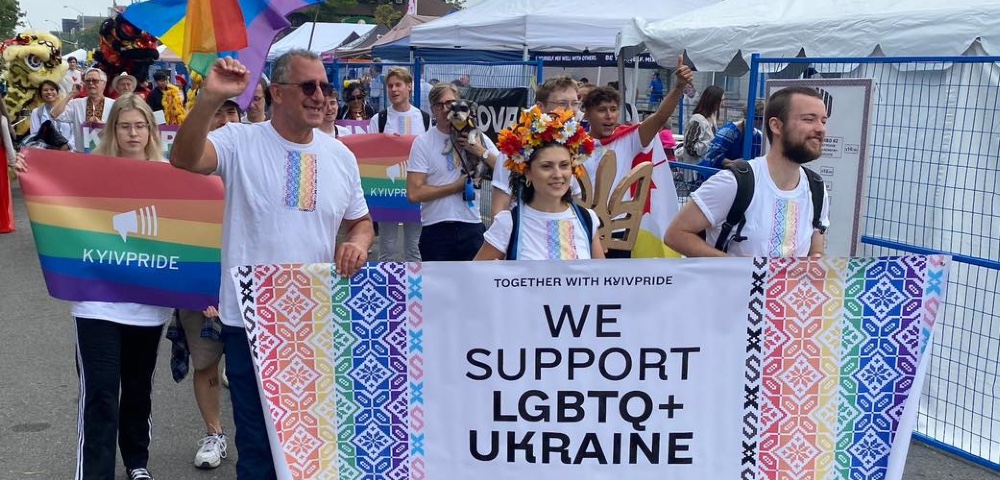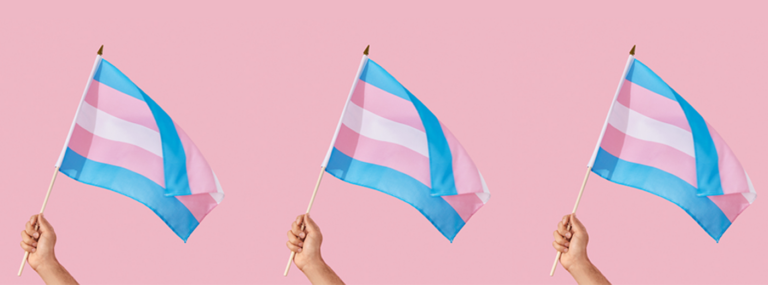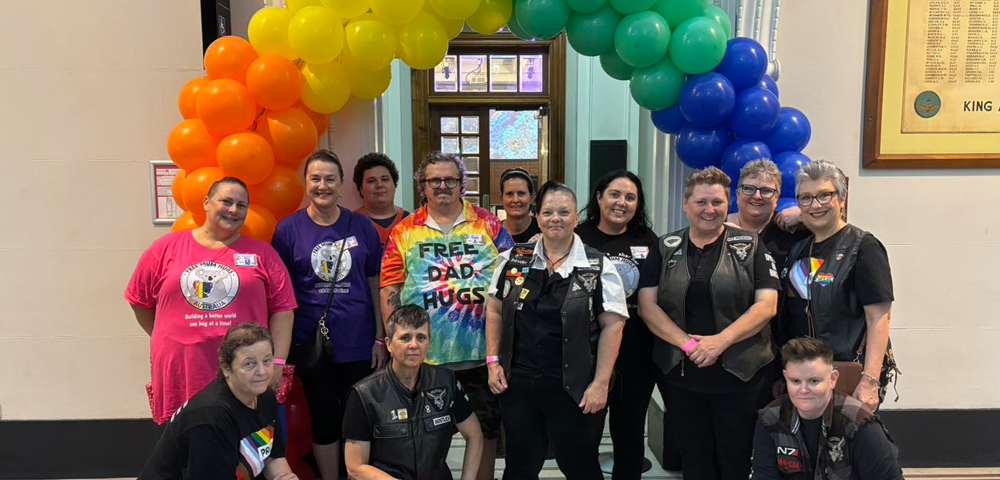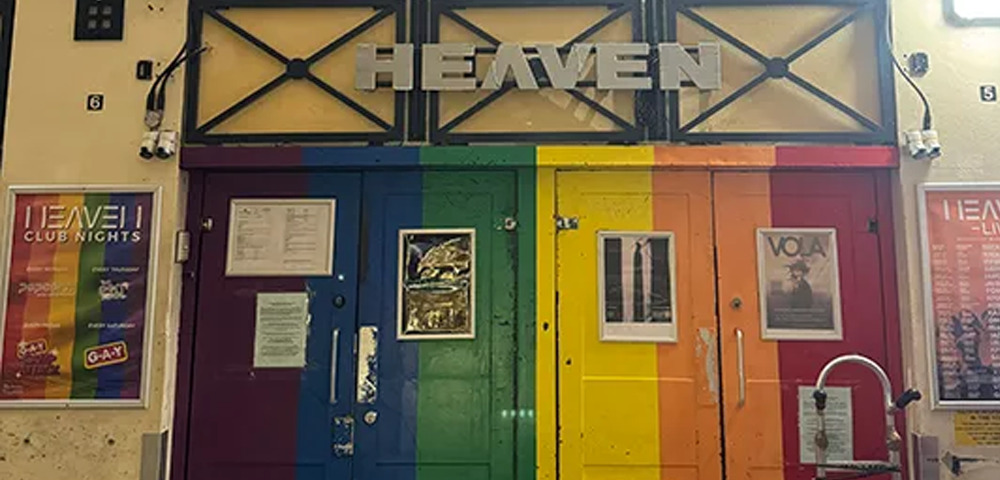
Russian Soldiers Carried Out Anti-Gay Attacks In Ukraine: Report

Russian soldiers have been accused of committing targeted anti-gay attacks against Ukrainians. Attacks have involved acts of violence including rape, imprisonment, assault, theft, and attempted murder.
Trigger Warning: This story discusses homophobic attacks and sexual assault, which might be distressing to some readers. For 24-hour crisis support and suicide prevention call Lifeline on 13 11 14. For Australia-wide LGBTQI peer support call QLife on 1800 184 527 or webchat.
According to Open Democracy, Ukrainian LGBT human rights organisation Nash Svit (Our World) has identified ten cases of serious human rights violations of LGBTQI people by Russian occupiers.
The Nash Svit Centre has been monitoring violations of LGBTQI rights since the beginning of this year and has also documented 64 cases of actions based on homophobia and transphobia, discrimination, and other violations of rights on sexual orientation and gender identity grounds. Around 62 cases have been found in Ukraine and two abroad — in relation to Ukrainian citizens who left Ukraine in connection with hostilities.
Homophobic Attacks, Threat Of Outing
Alexander was one of the individuals detained by Russian soldiers and held at a checkpoint in March 2022. He was attempting to leave the city of Mariupol after Russian bombs had detonated most of the region when he was stopped by soldiers. They took his phone and found that he was gay.
Open Democracy reported that Alexander was sent to prison in Olenivka under terrorism charges. Prison administrators made his sexual orientation known to other prisoners and he was subjected to frequent sexual violence daily.
“The prisoners began to harass me. For a while I resisted but after a few days, I was forced to do what they said. Almost every evening, 10 to 15 men raped me, until I was released by the representatives of the administration”, Alexander said.
In the report documenting the Situation of LGBTQ in Ukraine January – August 2022, one case described a man who was stopped by members of the Territorial Defence in Kyiv who found out he was gay.
The report read: “The victim was then subjected to homophobic insults, extortion of money, and threats to forward this information to all the addresses found in his phone. When the victim came to the Dniprovskyi Department of the Metropolitan Police the next day, he was ridiculed by the police officers who forced him not to submit a written statement and to say on camera that he had no complaints.”
Difficulty In Documenting Anti-LGBTQI Attacks
One of Nash Svit’s monitors, Alexandra Semenova spoke to Open Democracy about the difficulties involved in documenting the vicious attacks on the queer community, usually with limited legal support available for victims.
“Psychologically and morally it is hard for everyone and as all monitors of the network are open LGBTQI people and of course, can be attacked”, Semenova said.
Ongoing targeted anti-gay attacks have left queer people vulnerable in Ukraine, with some fearing the potential consequences of reporting these acts of violence. “One of the problems I encountered during the war, documenting cases, is that all the victims are afraid to report to the police, afraid that things will get worse”, Semenova said.
In 2013, Russian President Vladimir Putin signed a law banning the “propagandizing of non-traditional sexual relationships to minors” and last month, Russian lawmakers supported a bill that would expand an existing ban on the promotion of “LGBT propaganda” among children to include people of all ages.
Russia has used the laws to prevent gay pride marches and detain gay rights activists in the country as well.









